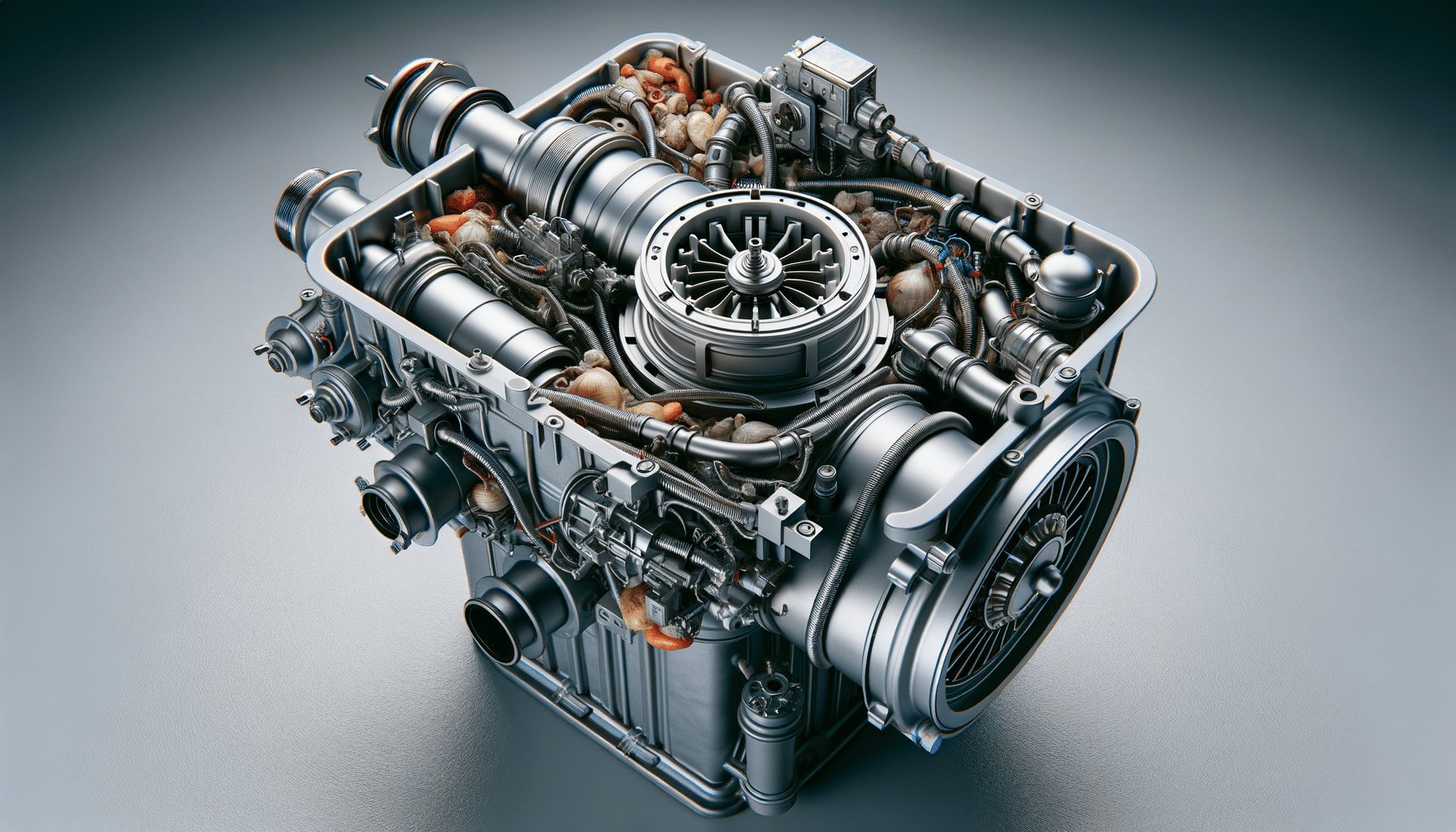Understanding Garbage Disposal Units: A Comprehensive Guide
Explore the importance, functionality, and benefits of garbage disposal units in modern households.

Introduction to Garbage Disposal Units
In the quest for a cleaner and more efficient kitchen, garbage disposal units have become an essential appliance in many homes. These devices, installed under kitchen sinks, help manage food waste by grinding it into small particles that can be flushed down the plumbing system. This not only reduces the amount of waste sent to landfills but also minimizes kitchen odors and enhances hygiene.
Garbage disposal units have evolved significantly since their inception, offering various features that cater to different household needs. As environmental concerns and sustainability become more pressing, these units play a crucial role in waste management strategies. They offer a practical solution for reducing the ecological footprint of a household by managing organic waste more effectively.
How Garbage Disposal Units Work
The functionality of a garbage disposal unit is both simple and ingenious. When food waste is placed into the unit and the device is activated, a spinning plate uses centrifugal force to push the waste against a stationary grind ring. This process breaks down the food into tiny particles, which are then washed away with water through the plumbing system.
Modern garbage disposal units often come with additional features such as noise insulation, which makes their operation quieter, and anti-jamming mechanisms to prevent clogs. These enhancements contribute to a more user-friendly experience, making garbage disposal units a valuable addition to any kitchen.
It’s important to note that not all food waste is suitable for disposal in these units. Items such as bones, fibrous vegetables, and fats can cause blockages and damage. Therefore, understanding the limitations and proper usage of garbage disposal units is essential for maintaining their efficiency and longevity.
Benefits of Using Garbage Disposal Units
Garbage disposal units offer numerous benefits that extend beyond mere convenience. One of the primary advantages is the reduction of kitchen waste. By grinding food scraps, these units help decrease the volume of trash, leading to fewer garbage bags and less frequent disposal trips.
Moreover, garbage disposal units contribute to a cleaner kitchen environment. By disposing of food waste immediately, they help eliminate odors and prevent the attraction of pests. This is particularly beneficial in homes where organic waste can quickly become a source of unpleasant smells.
Additionally, using a garbage disposal unit can be seen as an environmentally friendly practice. By reducing the amount of waste that ends up in landfills, these devices help lower methane emissions, a potent greenhouse gas. This aligns with broader efforts to promote sustainability and reduce environmental impact.
Installation and Maintenance of Garbage Disposal Units
Installing a garbage disposal unit can be a straightforward process, especially for those with some DIY experience. Most units are designed to fit standard kitchen sinks, and the installation typically involves connecting the device to the sink’s drain and electrical supply. However, for those less confident in their plumbing skills, professional installation is recommended to ensure proper setup and avoid potential issues.
Maintenance of garbage disposal units is relatively simple but crucial for their long-term performance. Regular cleaning with a mixture of ice cubes and citrus peels can help keep the blades sharp and the unit odor-free. It’s also advisable to run cold water through the unit during and after use to ensure that all particles are thoroughly flushed out.
Periodic inspection of the unit’s components, such as the rubber splash guard and the grinding chamber, can help identify wear and tear early on. Addressing these issues promptly can prevent more significant problems and extend the life of the unit.
Choosing the Right Garbage Disposal Unit
When selecting a garbage disposal unit, several factors should be considered to ensure it meets your household’s needs. The power of the motor is a critical aspect, as it determines the unit’s ability to grind various types of food waste. Units with higher horsepower are typically more efficient and less prone to jamming.
Another consideration is the noise level. Some units are designed with noise-reduction technology, which can be particularly beneficial in open-plan homes where kitchen noise can easily spread. Additionally, the size and capacity of the unit should match the kitchen’s usage patterns and the household’s size.
Lastly, it’s essential to consider the warranty and customer support offered by the manufacturer. A robust warranty can provide peace of mind and protect against potential defects or issues that may arise. By evaluating these factors, homeowners can choose a garbage disposal unit that complements their kitchen and lifestyle.